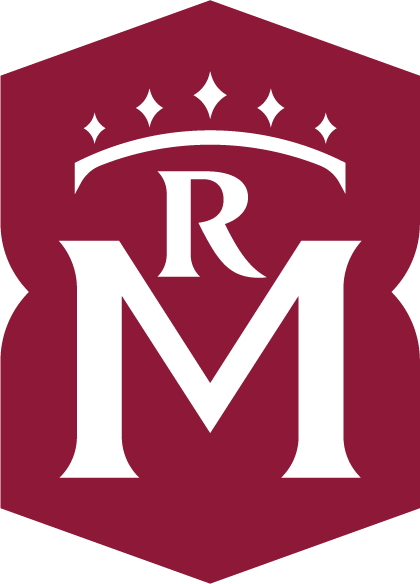One of the most beautiful aspects of homeschool parents (which includes the hybrid homeschooler!) is their willingness to learn alongside their children. Any type of schooling can be done poorly. When homeschooling is at its best, the whole family is engaged in pursuing the truth—like St. Albert the Great says, “in the company of friends.”
We could use another analogy, “the golden educator,” to describe the ideal of the homeschooling parent. This parent, in contrast to the iron or silver educator - or soul! - is a lover that never ceases loving. This is the drive that sustains early mornings and late nights spent researching, contemplating, considering, formulating. And after a lame day by all appearances, it’s the spark that starts the next day’s lessons all over again.
The retrieval of “classical learning,” as it’s come to be called, is far more radical in its orientation and outcomes than what’s floated on the surface. It truly requires a reordering of sensibilities…of the adults! Children, after all, are the potentiality and receivers of culture. Adults are the transmitters. We must continue to own the heritage we ourselves barely received.
To that end, here are a few titles parents might enjoy for personal formation and philosophy while lessons are not quite so pressing in the summer months.
1. Poetic Knowledge, James S. Taylor. This is a very helpful book for overcoming the standard model of Dewey education.
2. The Love of Learning and the Desire for God, Jean Leclercq SJ. Pope Benedict XVI cites this book as one of his favorites. Leclercq explores the tensions between classical and Christian (medieval) learning, and shows how monastic learning took its primary inspiration from Sacred Scripture as the living word.
3. A Brief Reader on the Virtues of the Human Heart, Josef Pieper. Pieper is a trustworthy guide in the medieval vision of human action and fulfillment. This little book, although quite dense, explores the seven virtues in relation to the call of greatness for the human being.
4. The Great Partnership, Rabbi Jonathan Sacks. Reading outside your tradition is critical for understanding your own. Here Rabbi Sacks explores much of the same ground that sustains the Catholic defense of faith and reason, showing that modern-day science has no a priori basis for rejecting religion; moreover, that the synthesis of religion and science is a driving force of Western civilization.
5. The Steps of Humility and Pride, Bernard of Clairvaux. Another short but dense work that immerses the reader into the medieval imagination, this book explores Jacob’s Ladder as a process of self-negation that seeks God as the summit of love and truth.
6. Agnes Grey, Anne Bronte. This shortish novel by a Bronte sister wonderfully pokes fun at the foibles of parents who ignore the real needs for intellectual and moral discipline in a child.
7. A History of Education in Antiquity, H.I. Marrou. Marrou provides a comprehensive overview of education in Greece and Rome up to the Byzantine Christian period. Knowing what education actually “looked like” in the ancient world certainly helps us avoid phony romanticism and sentimentality! There is much we want to avoid - but also insights we need to reconsider or baptize anew. You can read along with the Ad Navseum podcast, widely available.

